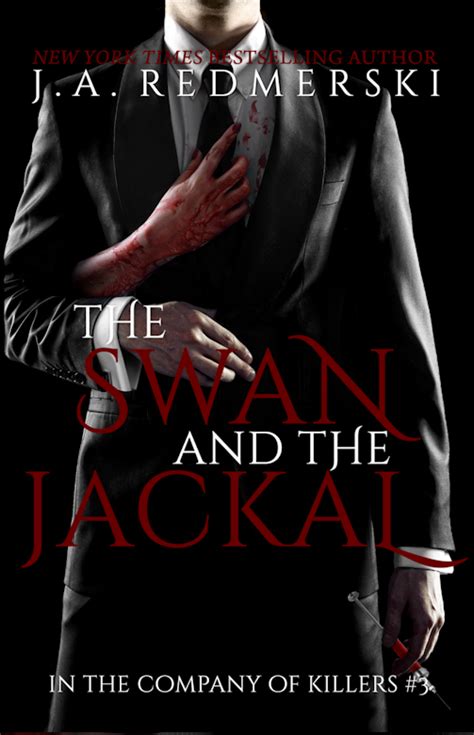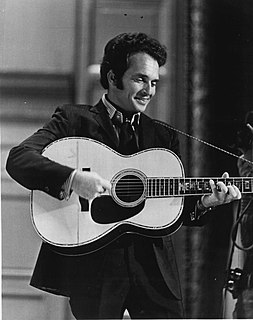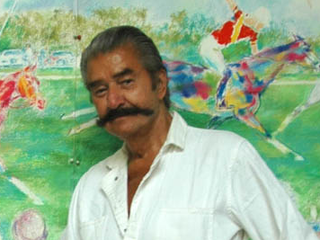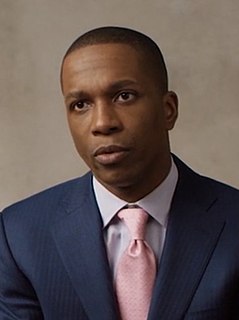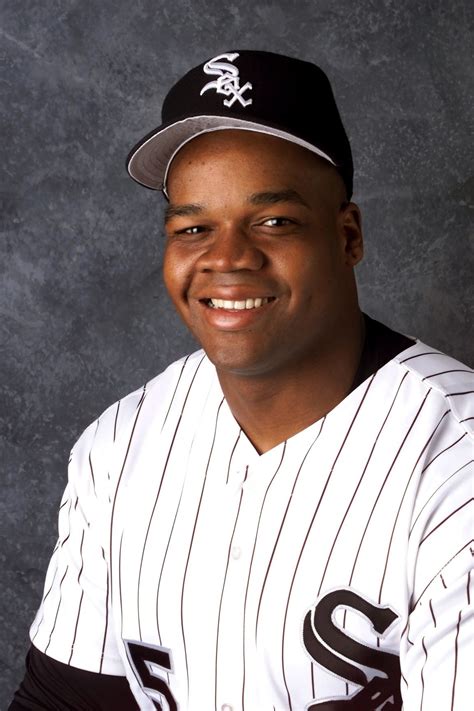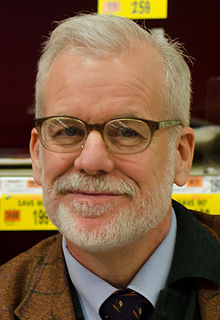A Quote by Jean Rostand
It is sometimes well for a blatant error to draw attention to overmodest truths.
Related Quotes
In order to create, we draw from our inner well. This inner well, an artistic reservoir, is ideally like a well stocked fish pond... If we don't give some attention to upkeep, our well is apt to become depleted, stagnant, or blocked... As artists, we must learn to be self nourishing. We must become alert enough to consciously replenish our creative resources as we draw on them - to re-stock the trout pond, so to speak.
The registering of doubts hath two excellent uses: the one, that it saveth philosophy from errors and falsehoods; when that which is not fully appearing is not collected into assertion, whereby error might draw error, but reserved in doubt: the other, that the entry of doubts are as so many
suckers or sponges to draw use of knowledge; insomuch as that which, if doubts had not preceded, a man should never have advised, but passed it over without note, by the suggestion and solicitation of doubts, is made to be attended and applied.
There exists a black kingdom which the eyes of man avoid because its landscape fails signally to flatter them. This darkness, which he imagines he can dispense with in describing the light, is error with its unknown characteristics. Error is certainty's constant companion. Error is the corollary of evidence. And anything said about truth may equally well be said about error: the delusion will be no greater.

